June 7, 2025 | 04:02 GMT +7
June 7, 2025 | 04:02 GMT +7
Hotline: 0913.378.918
June 7, 2025 | 04:02 GMT +7
Hotline: 0913.378.918
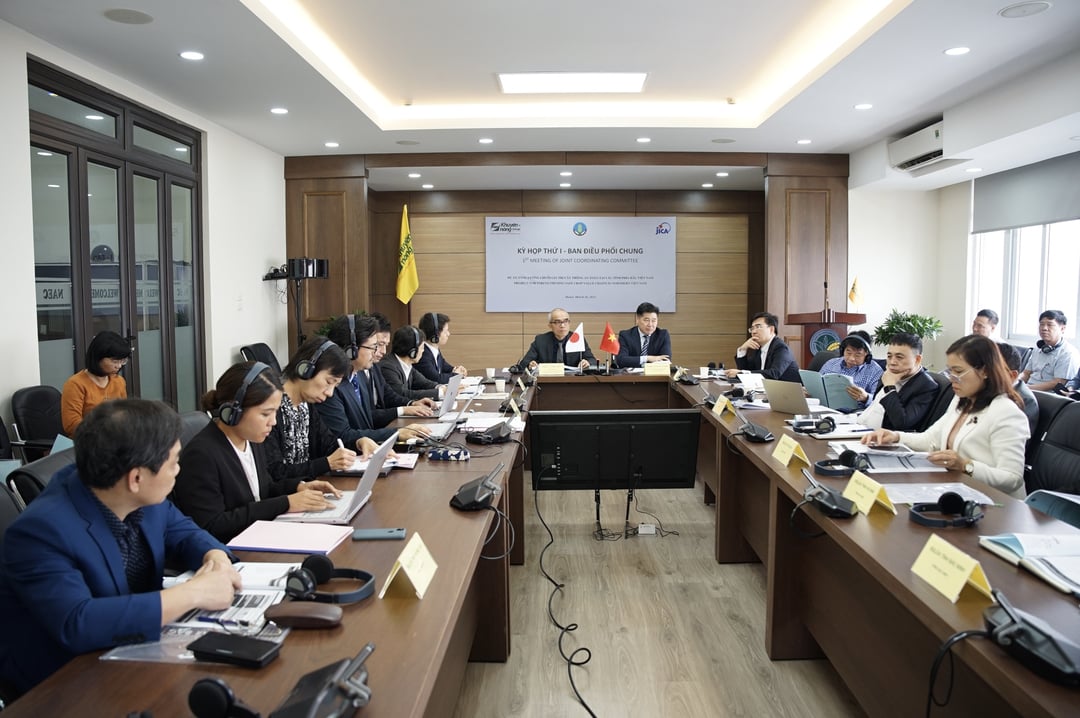
The first Joint Coordination Committee’s Session of the project "Strengthening the safe crop value chain in Vietnam’s northern provinces” was held on March 16. Photo: Linh Linh
On March 16, the National Agriculture Extension Center (Ministry of Agriculture and Rural Development) and the Japan International Cooperation Agency (JICA) held the first Joint Coordination Committee’s Session of the project "Strengthening the safe crop value chain in Vietnam’s northern provinces”.
The Ministry of Agriculture and Rural Development and the Japan International Cooperation Agency (JICA) signed an agreement in 2022 to implement the project "Strengthening the safe crop value chain in Vietnam’s northern provinces" (referred to as the project). The National Center for Agricultural Extension was the unit in charge of implementation.
According to Mr. To Viet Chau, Deputy Director General of the Department of International Cooperation (Ministry of Agriculture and Rural Development), this project has continued the results of previous projects, especially phase 2 "Improving the reliability of safe crop production in the Northern region”.
The implemented project has many innovations in the value chain establishment approach, with the participation of cooperatives and agricultural extension systems in the chain. The project enhances capacity not only for cooperatives but also for agricultural extension officers and stakeholders in the safe crop value chain. This is a sustainable approach to training high-quality human resources, with specialized knowledge and necessary skills to meet the requirements of strengthening enforcement capacity for food safety guarantees.
“At this meeting, we will look back on the implemented activities and achieved results in the past year, discuss the future action plans, and make recommendations for the project to be implemented smoothly and effectively,” said Mr. Kubo Yoshitomo, Deputy Head of the Representative Office of JICA in Vietnam.
In general, the Phase 3 project was implemented when farmers were aware of safe vegetables, the market fundamentally had a safe vegetable supply chain, and some cooperatives had knowledge of the technical problems. The project focuses on strengthening the safe crop value chain in four years (2022-2026), which directly brings benefits to agricultural officers, agriculture extension agents, and target cooperatives in seven project areas (Hanoi, Hung Yen, Ha Nam, Nam Dinh, Bac Ninh, Hai Duong, and Son La).
"JICA will support 100% of project operation costs for agricultural extension tests, which is VND 150 million for each cooperative. In 2024, JICA will support 50% to help cooperatives develop models, and the final-stage replication will be implemented by the regular agricultural extension funds of each province," said the representative of JICA’s short-term expert group.
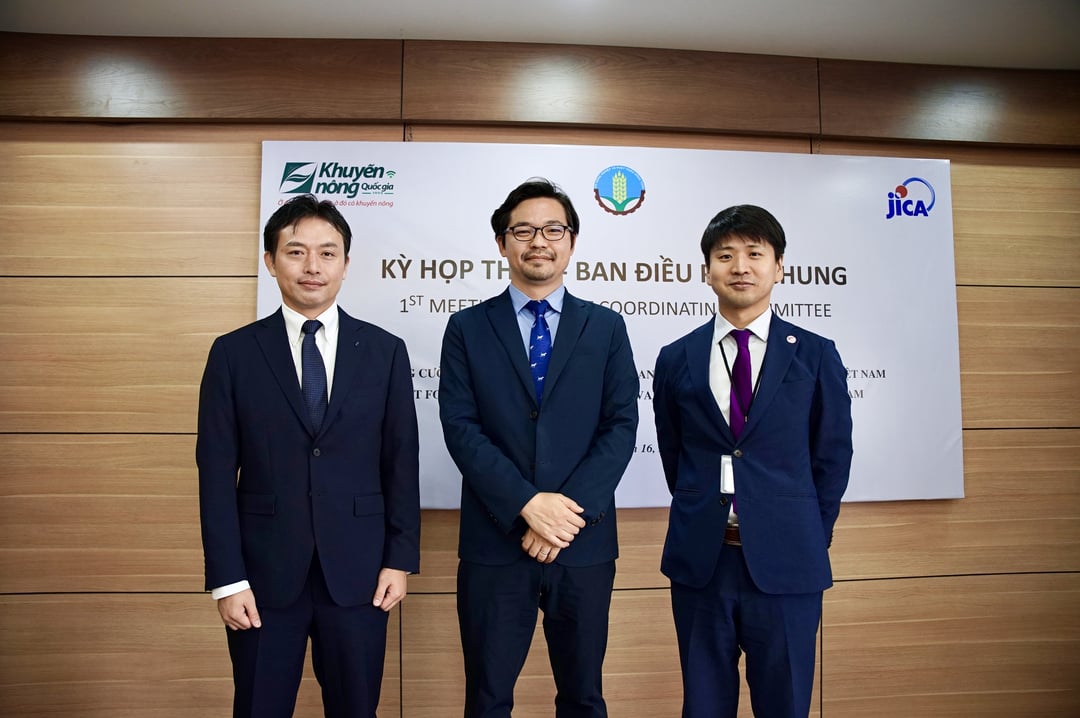
Mr. Kubo Yoshitomo, Deputy Head of the Representative Office of the Japan International Cooperation Agency (JICA) in Vietnam (far right), and JICA's project management experts. Photo: Linh Linh.
JICA understands that agriculture plays an important role in Vietnam's economy and makes a great contribution to economic growth and the export turnover of Vietnamese products. Therefore, JICA hopes that the project implementation can enhance the cooperatives’ knowledge and awareness in order to promote the export of their products.
"After project completion, the target cooperatives are expected to understand the importance of safety criteria, including VietGAP criteria, thereby improving product quality and seizing export opportunities," said Mr. Yoshitomo.
Mr. Le Quoc Thanh, Director of National Agriculture Extension Center, affirmed that JICA's support is a valuable resource for the project to put into practice.
Director Le Quoc Thanh also emphasized that the selection of target cooperatives to implement the project holds the decisive factor because this approach is based on a production scale and linkage standard.
One thing to note is that because of the importance of the cooperation with Japan for the project’s development, national agricultural extension experts, provincial management boards, and local agricultural extension forces in the field and experts in Japan need to regularly interact, exchange ideas, learn from each other, and strengthen each other's capabilities to accomplish project goals.
"We have high expectations for the project. The formation of the production chain is just the surface, What we really hope for is the cooperatives’ improvement in capacity. The cooperatives that have implemented the project will be a source of motivation, have successful start-ups, be professionalized and possess the ability to adapt to all fluctuations and requirements of the market," the Director of National Agriculture Extension Center said.
Translated by Huyen Thu
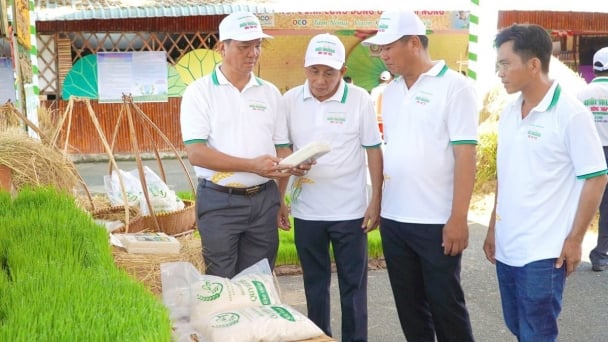
(VAN) Dong Thap has launched a meeting in response to the Action Month for the Environment under the theme 'Live Green - Join Hands for a Green Economy' at Tram Chim National Park.
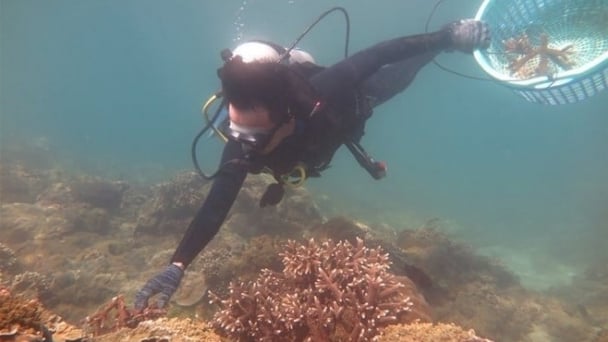
(VAN) The ocean has the capacity to absorb millions of tons of carbon, provided that mangrove forests, coral reefs, and biodiversity are protected.
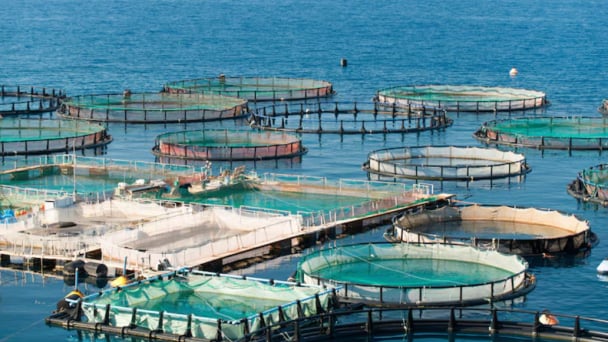
(VAN) Technology is redrawing the map of Vietnamese aquaculture: more modern, greener, and more sustainable.

(VAN) Novel process harnesses machine learning to reveal groups of genes that determine how efficiently plants use nitrogen.

(VAN) Several scientists and farmers are experimenting with soil treatment in some key durian-growing regions such as Cai Lay (Tien Giang), Dak Song, Gia Nghia, and Dak R’lap (Dak Nong).
/2025/05/25/4127-3-073637_820.jpg)
(VAN) Thanks to the promotion from an FAO-implemented project, vegetable production in greenhouses in Moc Chau has seen strong development, from 1.5 hectares in 2021 to nearly 50 hectares in 2024.

(VAN) FAO has recently supported USD 140,000 to implement the project 'Risk mitigation human-animal interface risks through disease control initiatives in pig farming.'